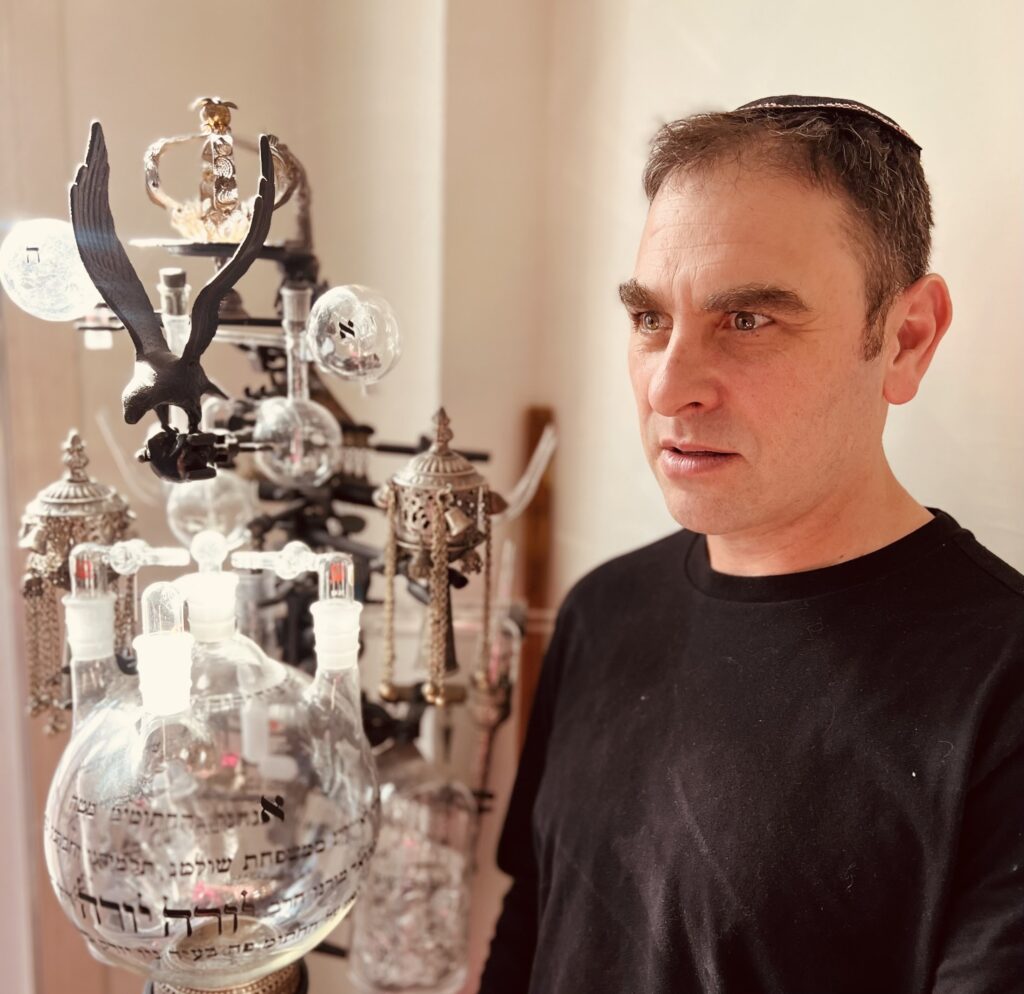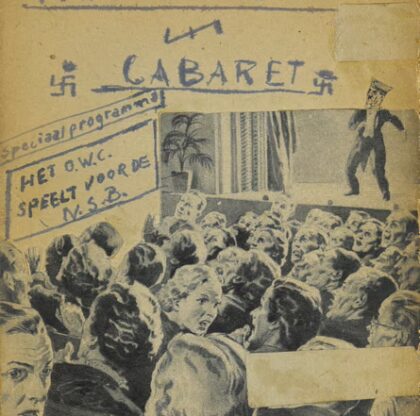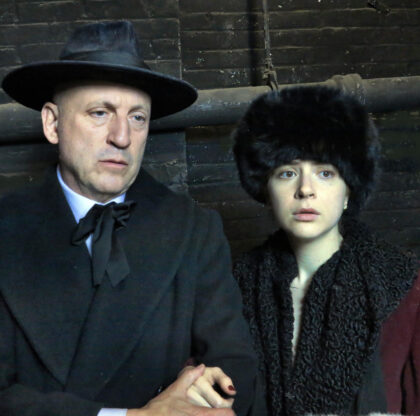Get the latest food, drinks and things to do news directly to your inbox. Subscribe Now
Pharaoh, a new play by Misha Shulman set to debut at the Theater for the New City at 155 First Avenue by 10th Street in the East Village on March 15 through March 31, is an interesting addition to the city’s cultural lineup for a variety of reasons.
On the one hand, it focuses on a tale familiar to most—the biblical story of Exodus—but it does so from an unlikely perspective: that of the king of Egypt.
The production also only stars two artists: Shulman himself, who steps on the stage dressed in all black and voices all the characters, and Kalamandalam John, the founder and director of the Kalatharangini Kathakali School in South India, who, according to an official press release, performs “in movement theater using vibrant traditional Indian dance drama and elaborate makeup.”
Although, on the surface, Indian tradition and the Bible don’t have much in common, it is a 2008 trip to the village of Muzhikulam near the Indian state of Kerala that inspired Shulman to create the show.
While on his trip, .Shulman, an ordained rabbi and the founding director of the School for Creative Judaism, watched a fifteen-day-long play called Asokavanikangam performed in Sanskrit theater tradition, which tells the story of Ravana, an arch-villain in the holy Hindu book.

“Longing to make a parallel play of his own, Shulman imagined a staging of the Exodus story in which Jews could watch a play about the inner life of Pharaoh, their greatest enemy, modeled on Ravana and reimagined with Indian influences,” reads the press release.
Parallels between the relationship of the Jews with Pharaoh and their current-day neighbors are almost impossible to avoid, a fact that isn’t lost on Shulman himself, who served in the Israeli army as a Commander in charge of Education before moving to New York.
“For Jews, the current war has brought to light the terrifying urgency of reworking our relationship with victimhood and blame,” Shulman said in an official statement. “Which pieces of our national psyche, we must ask, need be preserved, and which reshaped to fit the twenty-first century? By re-examining the story of our national birth, this play aims to offer a first step in that process. Humanity seems to be at a crossroads: either we continue down this path of vilification of the other, or will we begin to see those we consider to be villains as human beings.”



